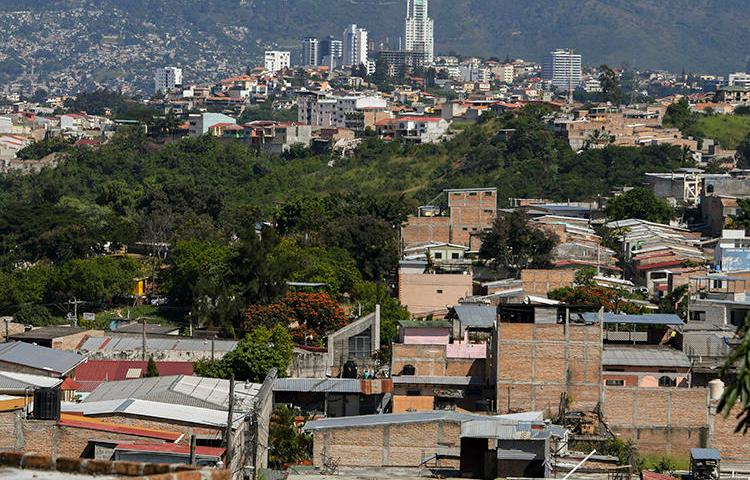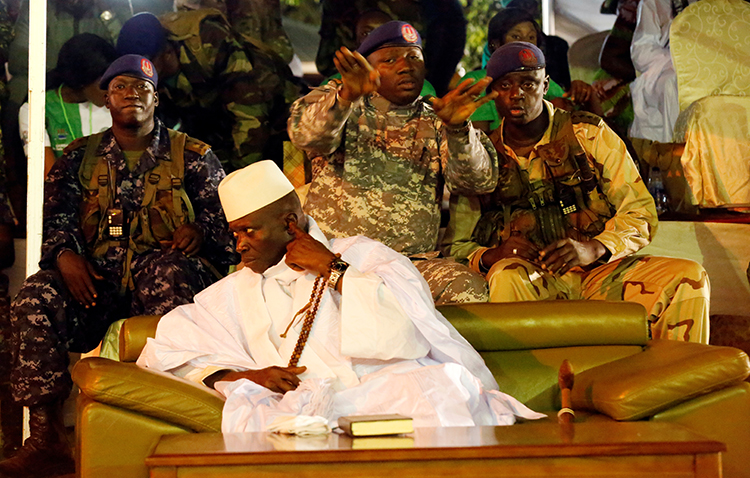Americas
2018
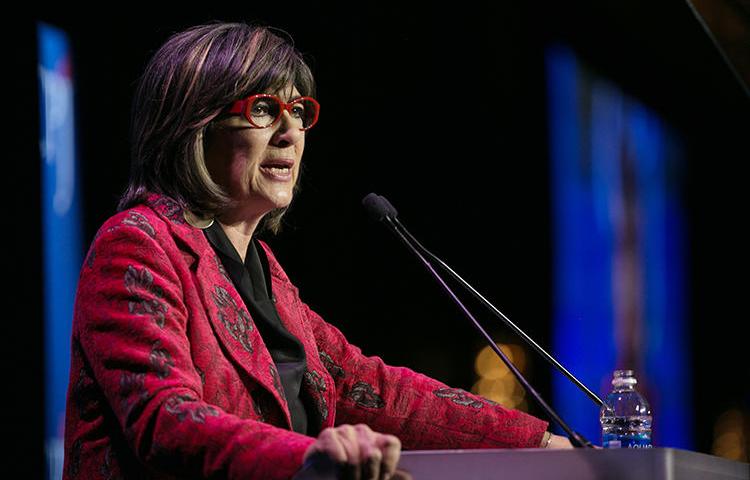
Dangers from inside the newsroom
By Christiane Amanpour/chief international correspondent for CNN and CPJ senior advisor In November, I stood before top news media executives in the United States and called on them to stamp out sexual harassment in their organizations. “The floodgates are open,” I told the audience at the annual International Press Freedom Awards gala of the Committee…
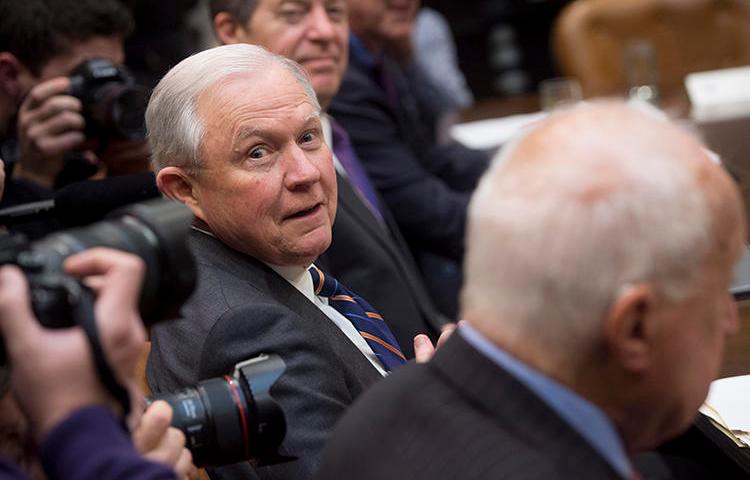
The president’s phantom threats
During his tumultuous campaign, Donald Trump declared war on the press, pledging to “open up our libel laws” and impose fines on critical journalists if elected. Within a month of taking office, he vowed to go after leakers, comparing them to Nazis, and urged then-FBI director James Comey to jail reporters who published classified information.…
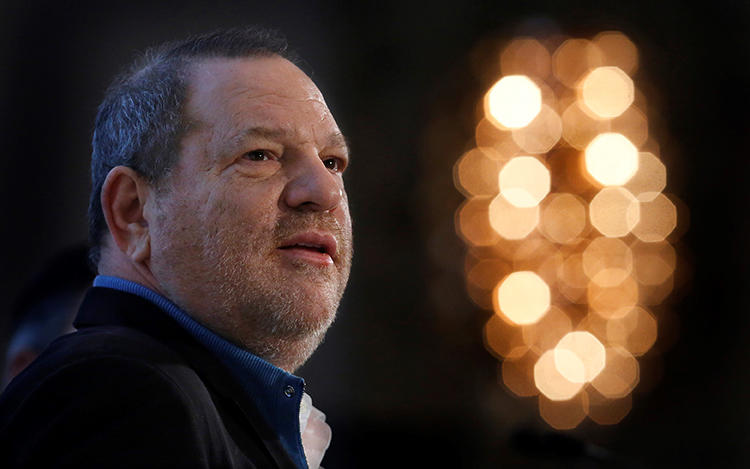
Weinstein-BlackCube surveillance claim exposes aggressive tactics to kill a story
Those with deep pockets can go to great lengths to push back against journalism they find objectionable. Billionaire Peter Thiel deployed a team of lawyers in a move that bankrupted the news site Gawker in 2016–and last month President Donald Trump’s lawyers tried to block the publication of an unflattering book. But there’s another, much…
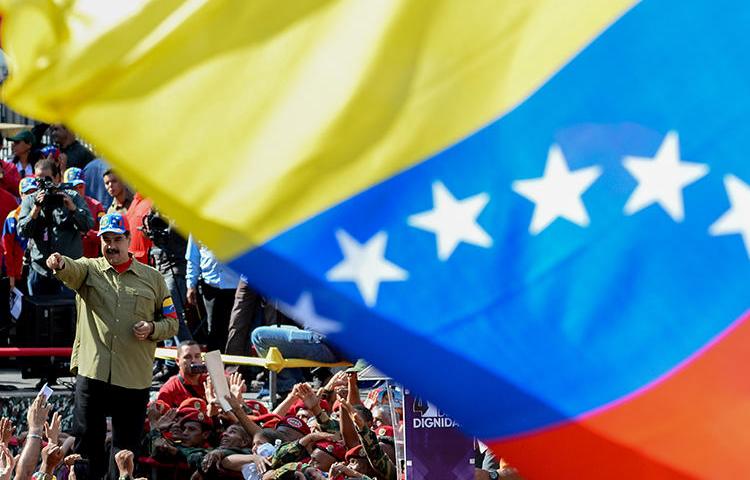
Venezuela’s anti-hate law provides Maduro with another tool to intimidate the press
In what journalists fear could be a taste of things to come, Venezuela’s new anti-hate law was enforced for the first time against a news organization on January 30, when Yndira Lugo, the editor of Diario Región, was called before government agents for questioning.
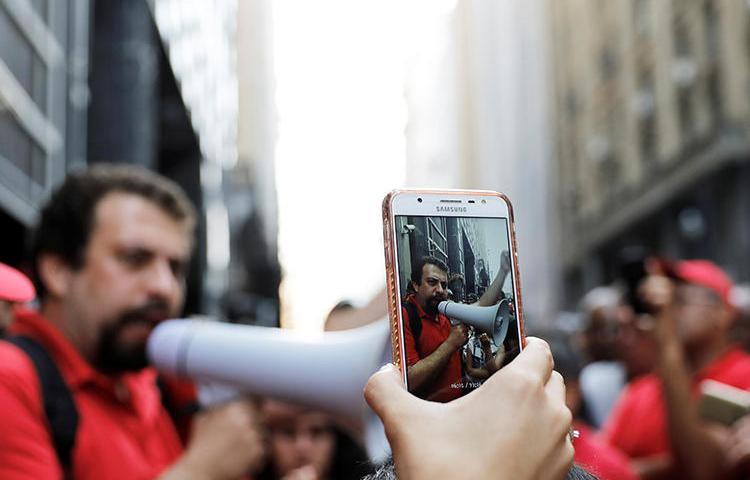
Ahead of elections, Brazil’s police announce plan to crackdown on ‘fake news’
In November last year, Brazilian police stopped a truck on a highway in the center of the country and, after a thorough search, discovered more than six tons of marijuana stashed in false compartments. The truck had the name Romanelli on the side, but police said it was a label designed to confuse and that…

Mexico’s special prosecutor says FEADLE is improving, but impunity continues
For approximately two months, Mexico’s office of the Special Prosecutor for Attention for Crimes Against Freedom of Expression (FEADLE) led a nomadic existence after its building was damaged in a September 19 earthquake that killed almost 400 people in and around Mexico City. The agency now has a new home, but the natural disaster served…

How US vote to extend NSA program could expose journalists to surveillance
The U.S. Senate last week approved a six-year extension to Section 702 of the Foreign Intelligence Surveillance Amendments Act (FISA), in a move that could put journalists at risk. Because people targeted by Section 702 are often of interest to the press as well as the NSA, journalists are more likely than most to have…
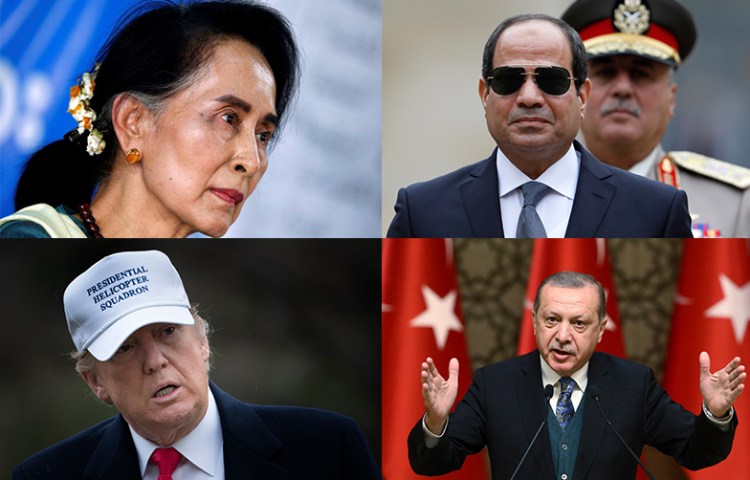
In response to Trump’s fake news awards, CPJ announces Press Oppressors awards
Amid the public discourse of fake news and President Trump’s announcement via Twitter about his planned “fake news” awards ceremony, CPJ is recognizing world leaders who have gone out of their way to attack the press and undermine the norms that support freedom of the media. From an unparalleled fear of their critics and the…
